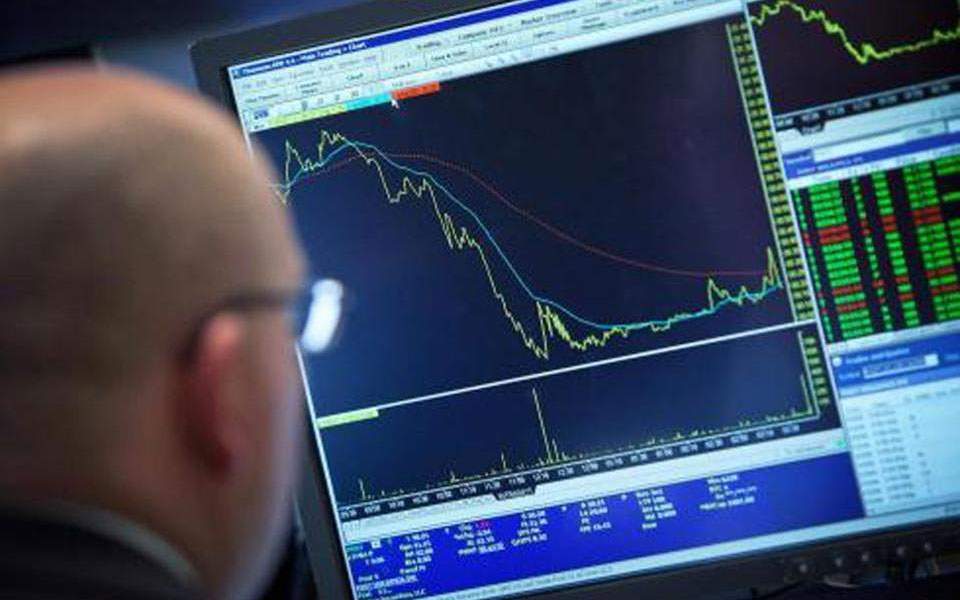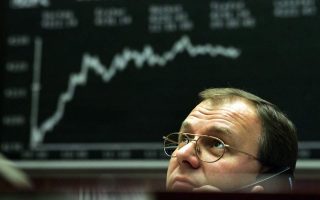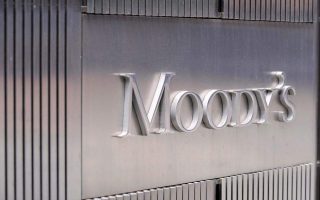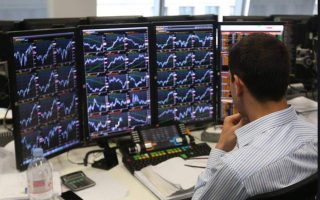Investment grade still elusive for Greek bonds

Though Greece’s credit rating has enjoyed gradual upgrades by rating agencies in recent months, reaching the coveted investment grade that will attract investors to the country’s bonds will not be easy, according to analysts and banking groups examining Greece’s position.
The country is currently rated BB- by Fitch, B+ by S&P and B3 by Moody’s, all of which are below investment grade and (highly) speculative.
If other countries that completed bailout programs are anything to go by, Athens may still have a long way to go before its bonds are considered a safe investment.
Cyprus, which exited its bailout in 2016, has not yet reached investment grade, while Portugal only achieved it as late as 2017, three years after the completion of its own program.
The Greek government hoped the end of the bailout era would be followed by multiple upgrades by rating agencies, but the firms told Kathimerini that Greece will remain in the “risky” investment zone for a long time, thus making its return to the markets harder.
Michele Napolitano, senior director of Western Europe sovereign ratings at Fitch, told Kathimerini that the time required for Greece to return to investment grade is uncertain, but it is likely to be a long process that will depend on numerous factors.
One is that Greek government debt should be significantly lower than current levels, and to achieve this, Greece will need to develop a longer record of primary surpluses.
Another important factor is achieving economic growth that would also support the sustainability of Greek debt. He said improving trust in the country’s long-term prospects for economic development could eventually lead to further rating upgrades.
The country will also need to attract private investments to improve its long-term growth potential, which is currently estimated by Fitch at 1.2 percent, Napolitano said, adding that the banking sector is expected to significantly improve its asset quality.
Similar views were echoed by S&P, which told Kathimerini that reaching investment grade will depend on the strength and sustainability of economic recovery. It will also require reforms to improve the business environment and a further reduction of banks’ non-performing exposures.
S&P added that both state and private debt levels are high, which could make the economy vulnerable to another global slowdown.





